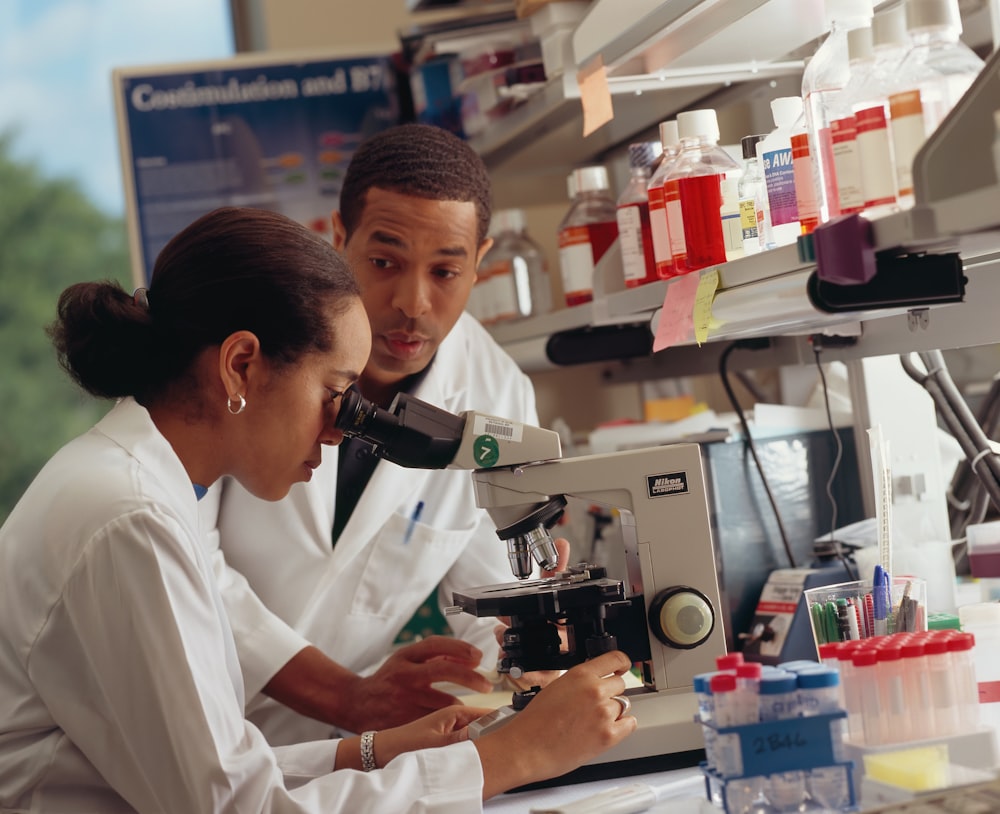
The Progress of Personalized Cancer Vaccines
Understanding Personalized Cancer Vaccines
Personalized cancer vaccines represent a groundbreaking approach in the field of oncology, offering tailored treatments that harness the body’s immune system to target cancer cells specifically. Unlike traditional vaccines that prevent infectious diseases, personalized cancer vaccines are designed to stimulate an immune response against tumor-specific antigens, making them a promising avenue in the fight against cancer.
Advancements in Targeted Antigen Identification
One of the key advancements driving personalized cancer vaccines is the ability to identify specific antigens present on cancer cells. Advances in genomic sequencing and bioinformatics have enabled researchers to pinpoint unique mutations and proteins expressed by tumors. This targeted antigen identification allows for the development of vaccines that precisely target cancer cells while sparing healthy tissues, minimizing potential side effects.
Optimizing Immune Response Activation
Another significant advancement lies in optimizing the activation of the immune response against cancer cells. Personalized cancer vaccines are designed to stimulate T cells, a type of immune cell capable of recognizing and attacking cancerous cells. Techniques such as dendritic cell-based vaccines, mRNA vaccines, and viral vector delivery systems are being explored to enhance T cell activation and promote a robust anti-tumor immune response.
Enhancing Treatment Efficacy and Response Rates
The goal of personalized cancer vaccines is to improve treatment efficacy and patient outcomes. By targeting tumor-specific antigens, these vaccines have the potential to elicit a stronger and more durable immune response against cancer cells. Early clinical trials have shown promising results, with some patients experiencing tumor regression, prolonged survival, and even complete remission following personalized vaccine therapy.
Overcoming Challenges in Vaccine Development
Despite the promising advancements, personalized cancer vaccine development faces several challenges. These include identifying suitable antigens for each patient’s tumor, optimizing vaccine delivery methods, ensuring safety and efficacy, and addressing tumor heterogeneity and immune escape mechanisms. Researchers continue to explore innovative strategies to overcome these challenges and enhance the effectiveness of personalized cancer vaccines.
Tailoring Vaccines to Individual Patients
One of the key strengths of personalized cancer vaccines is their ability to be tailored to individual patients based on their unique tumor characteristics. This personalized approach takes into account factors such as tumor type, genetic mutations, immune profile, and treatment history. By customizing vaccines for each patient, researchers aim to maximize treatment efficacy and minimize adverse effects.
Combination Therapies and Synergistic Approaches
Advancements in personalized cancer vaccines are often complemented by combination therapies and synergistic approaches. These may include combining vaccines with immune checkpoint inhibitors, chemotherapy, radiation therapy, or other targeted therapies. Such combination approaches aim to enhance the immune response, overcome resistance mechanisms, and improve overall treatment outcomes for cancer patients.
Clinical Trials and Real-World Applications
The progress in personalized cancer vaccines has led to an increasing number of clinical trials evaluating their safety, efficacy, and long-term benefits. These trials provide valuable insights into the potential of personalized vaccines in various cancer types and patient populations. As research continues to evolve, the translation of personalized cancer vaccines from the lab to real-world clinical applications holds great promise for improving cancer treatment paradigms.
Patient Access and Future Directions
Ensuring patient access to personalized cancer vaccines and navigating regulatory pathways are crucial aspects of advancing this field. Collaborative efforts between researchers, healthcare providers, regulatory agencies, and industry stakeholders are essential in driving forward personalized cancer vaccine development. Looking ahead, ongoing advancements, novel technologies, and interdisciplinary collaborations are poised to shape the future of personalized cancer vaccines and revolutionize cancer care. Read more about Breakthrough in the development of personalized cancer vaccines








